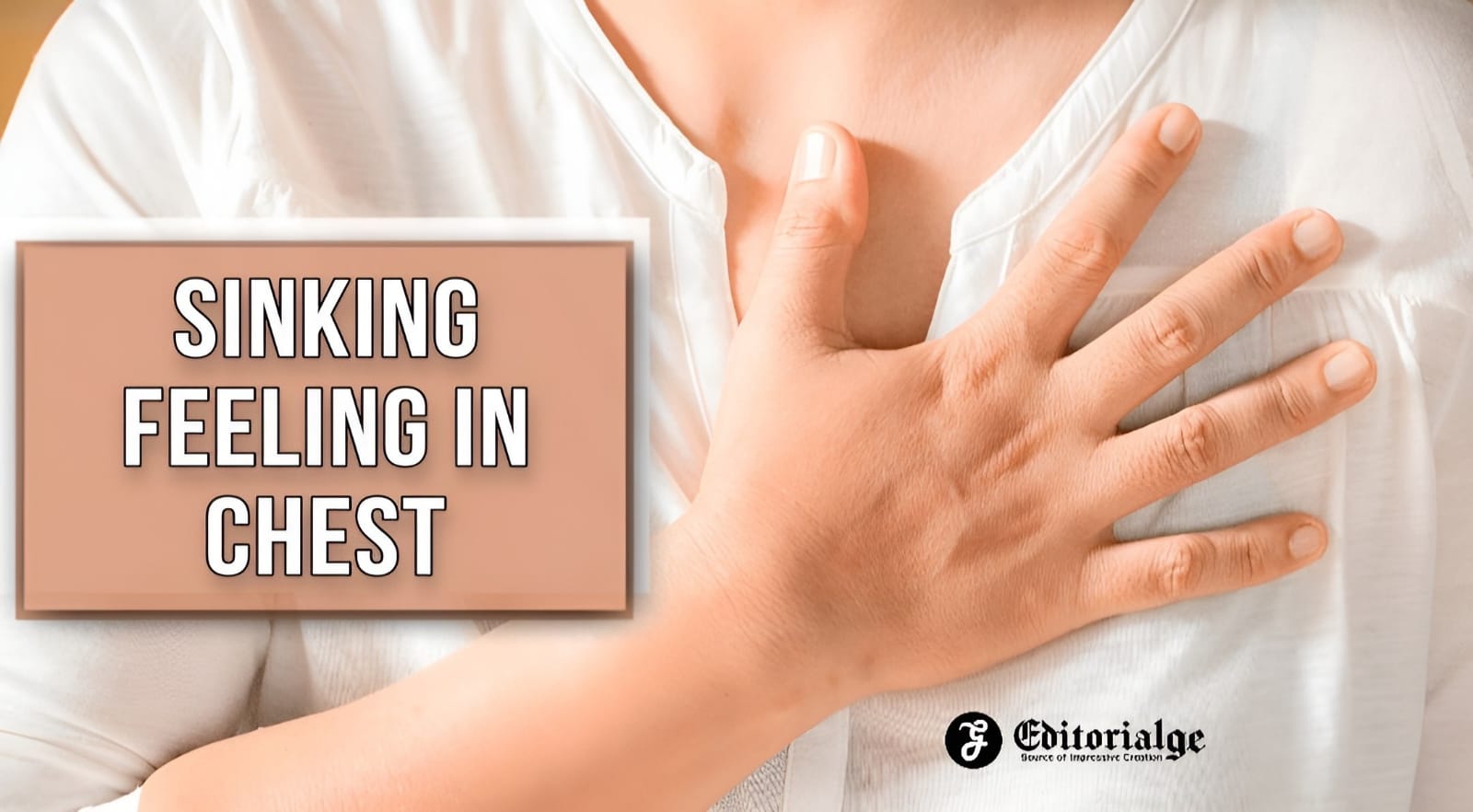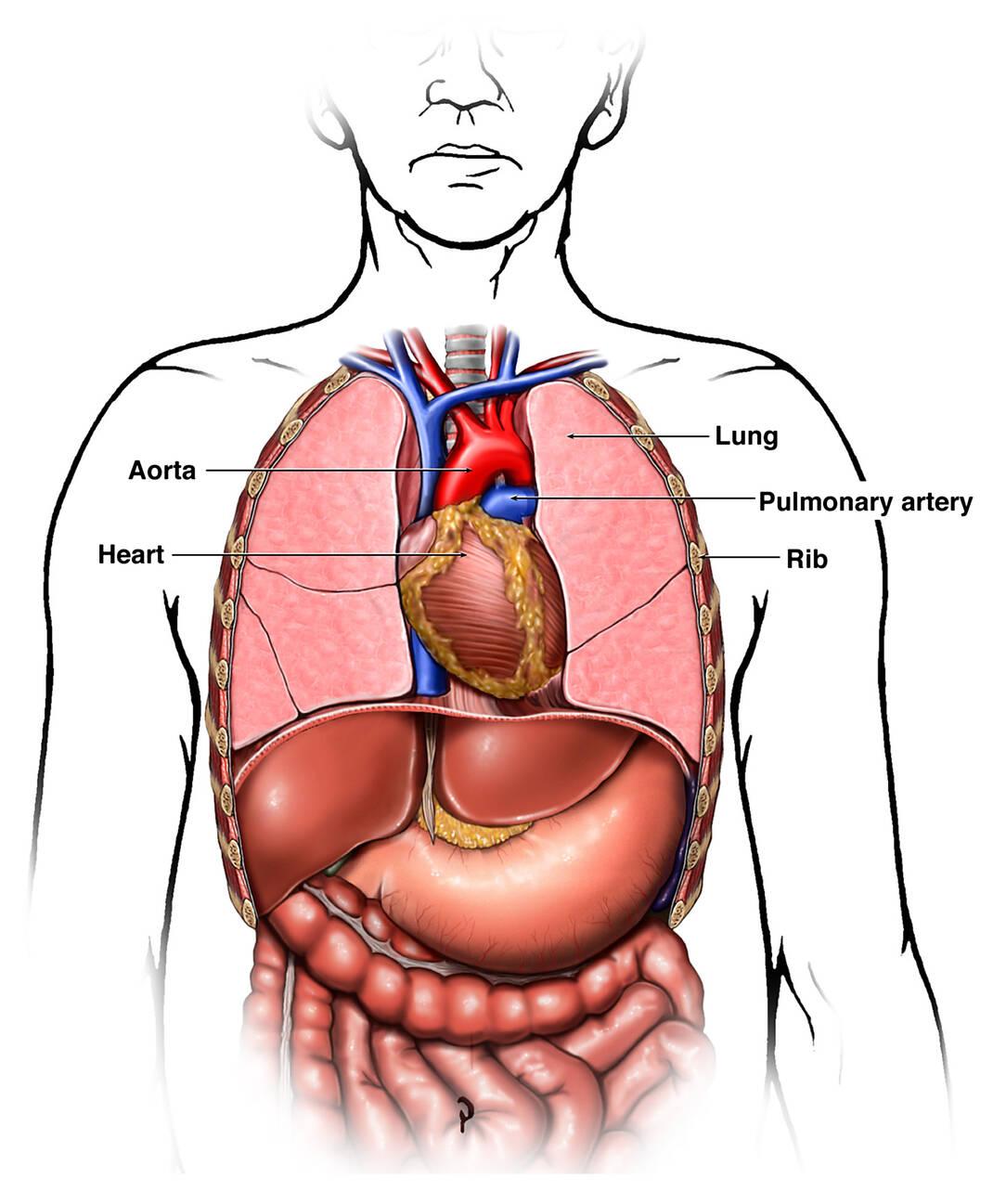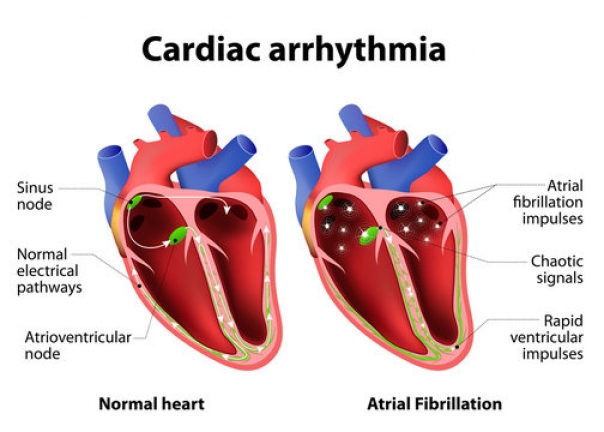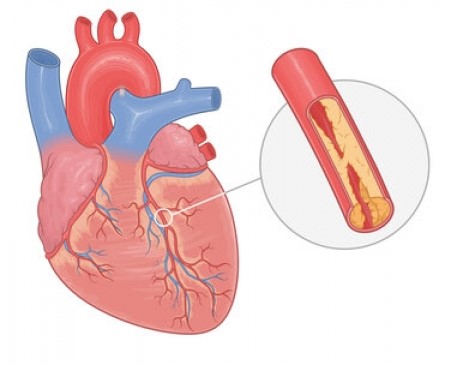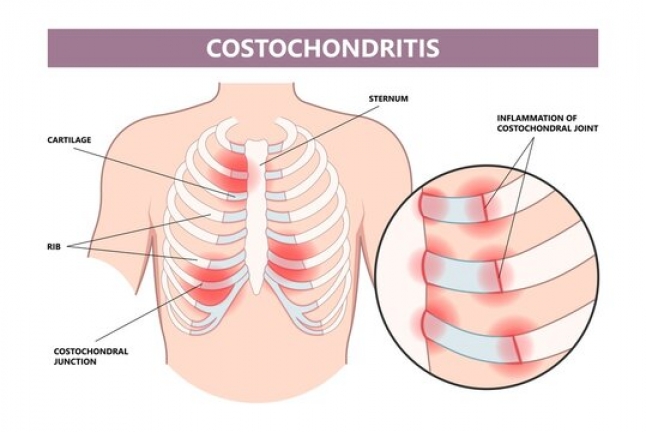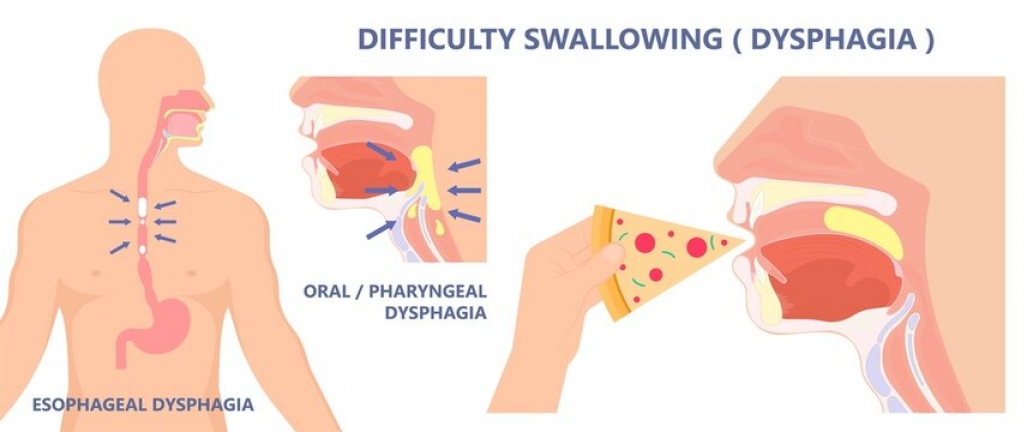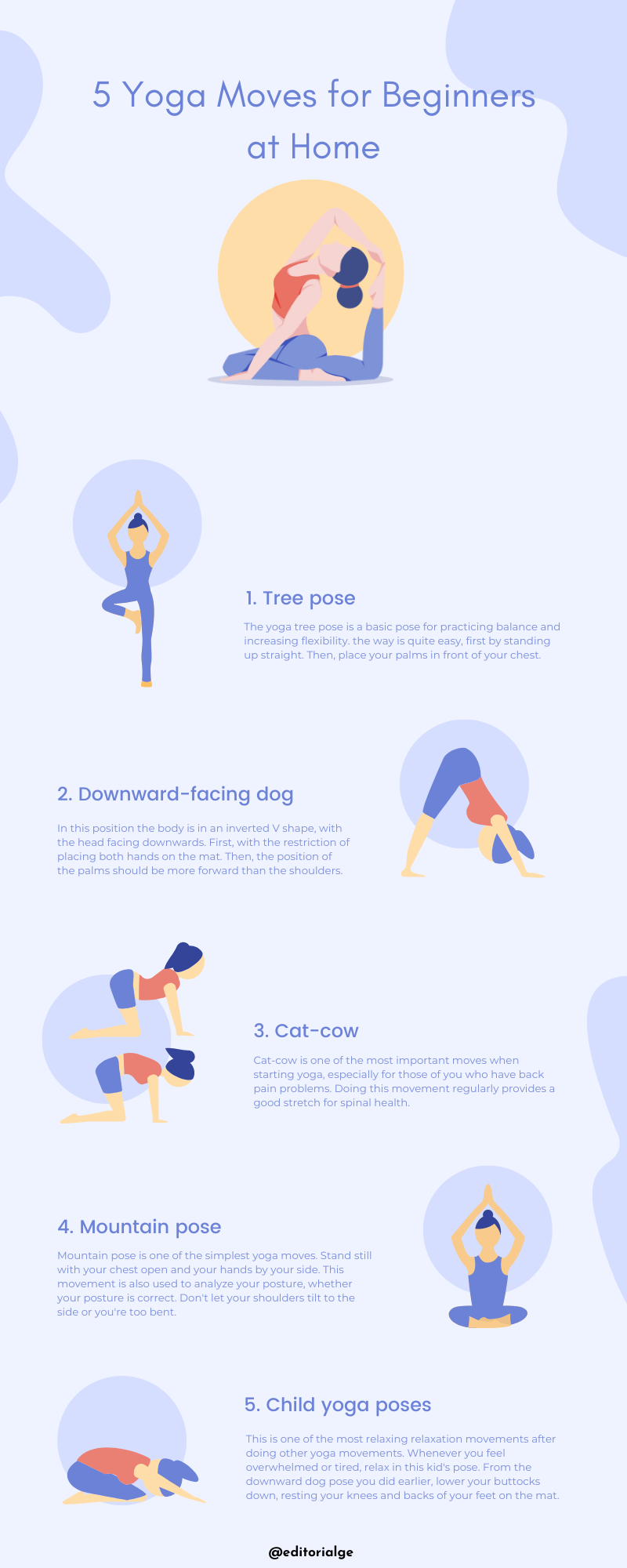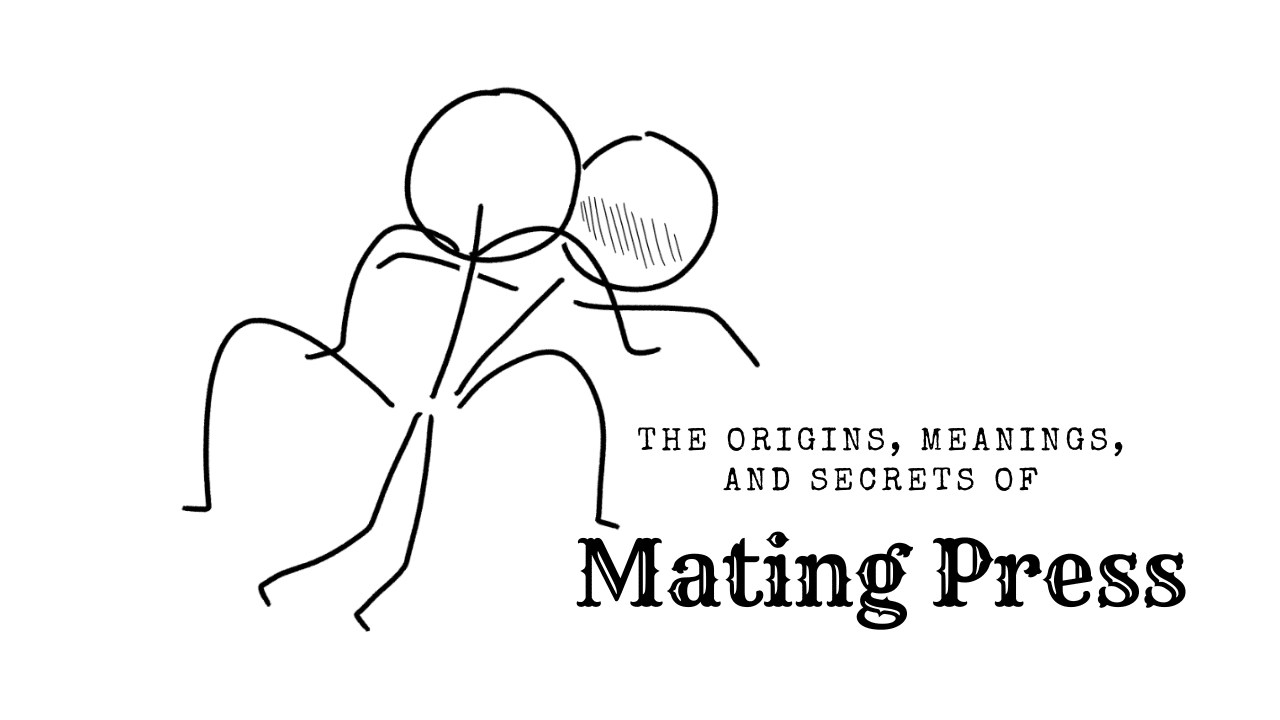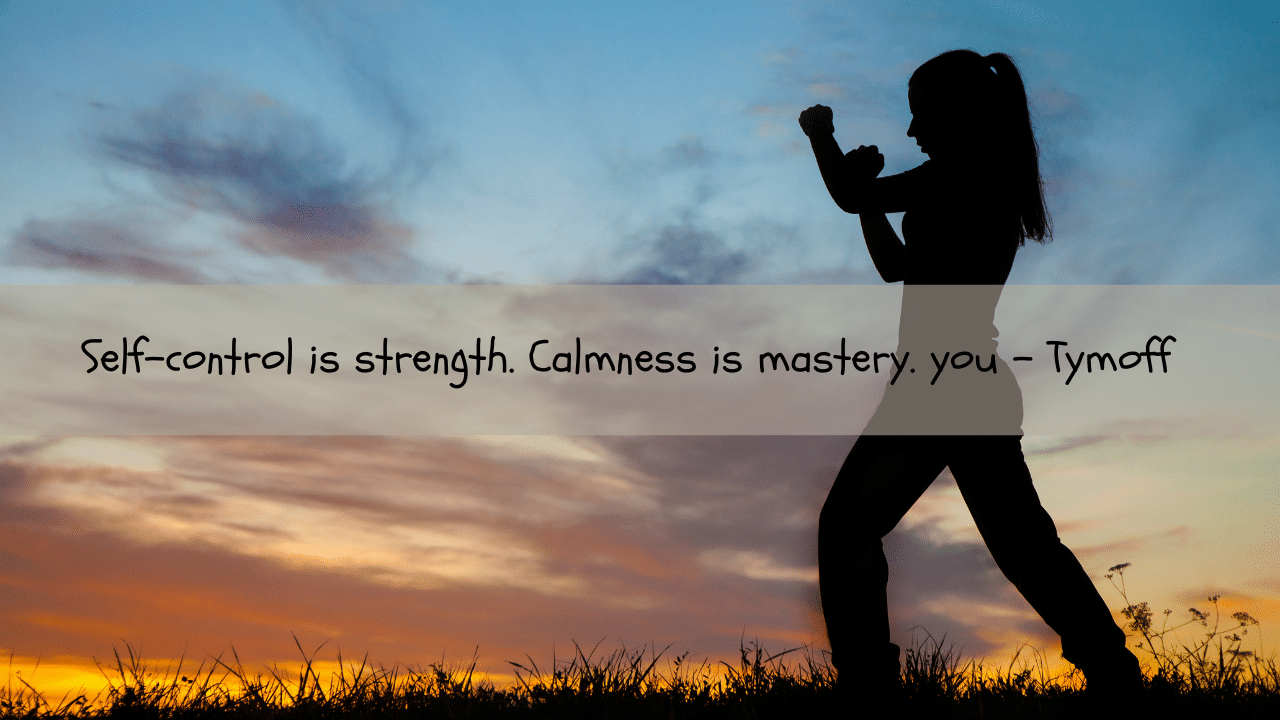Listen to the Podcast:
We’ve all experienced that sickening, sinking feeling in chest that comes on suddenly. The moment you realize you’ve forgotten your keys in the car can be just as devastating as receiving bad news or hearing your name called out in a conference or class. It’s normal for humans to feel this way, and you shouldn’t fret over it.
It’s important to note that certain health issues may have symptoms similar to the sensation of a sinking feeling in the chest. Hey there! Just wanted to let you know that health problems can affect your physical and mental well-being. Feeling a sinking feeling in your chest when feeling sad is completely normal. If you’re experiencing that sinking feeling often, it might be worth listening to your heart and checking if everything is okay.
This article has covered you with all the information you need about why we sometimes get that sinking feeling in our chest and some tips on getting rid of it.
Sinking Feeling in Chest: What It Means?
Feeling your heart drop out of your chest is a common symptom of anxiety, cardiac difficulties, intense melancholy, or stress. It can indicate a more generalized sense of foreboding or that something is amiss.
Palpitations, or flutters in the chest caused by high heart rate, are another possible reason for a sinking feeling in the chest, which can be brought on by anything from a physical ailment to the physical manifestation of psychological tension and worry.
Most individuals would use the expression “sinking feeling in chest” to express apprehension about an impending disaster, and they could even specify the source of their apprehension.
Suppose you feel like your chest is sinking. If your heart is pounding erratically or your breathing is laborious, you should seek medical attention, especially if you are at risk for a heart-related problem.
If you’re feeling anxious, it’s always a good idea to seek professional help. Even if you don’t think you’re at risk for a heart condition, taking care of your mental health is important. A healthcare professional can help you manage your anxiety and prescribe medication. Don’t hesitate to reach out for help!
Different Types of Sinking Feeling in the Chest
We’ve compiled a helpful list explaining why you might experience a sudden sinking feeling in your chest. This way, you’ll know what to expect and be better prepared. Check it out below!
- Acid reflux causes an unusual sinking sensation in the chest.
- When attempting to fall asleep, the chest sinks quickly.
- A sinking sensation in the chest while dozing at night.
- A sensation of heaviness in the chest due to depression.
- When lying down, the chest and midsection have a sinking sensation.
- After consuming, a sinking chest and dizziness may occur.
- A persistent sensation of sinking in the chest after a breakup.
- A hollow, sinking sensation in the chest, close to the heart.
- A sinking sensation in the chest causes dizziness.
- A sensation of abdominal heaviness during pregnancy.
- A sinking sensation in the chest after drinking.
You May Find Interest in: Cold Icy Feeling Inside Chest
Setting the Stage: Anatomy of the Chest
To understand that sinking feeling in the chest, it’s important to know about the heart, lungs, and muscles. These important parts work together to make the complex dance of life-sustaining processes in the chest area happen.
The rib cage is an amazing piece of architecture that holds up our critical organs. This skeletal framework protects and supports the heart and lungs, making it easier for the chest to expand and shrink during breathing.
Stress and Anxiety: the Mind-Body Connection
How the mind and body work together greatly affects how well we feel physically. Stress and worry can cause several physical symptoms, including the strange feeling of your chest sinking. This psychosomatic reaction is how the body tells us that something is wrong.
Fear and panic can bring on a fight-or-flight reaction, which makes adrenaline rush through our bodies. This adrenaline rush can cause several physical changes, including a sinking feeling in the chest and a physical reminder of our vulnerability.
Sinking Feeling in Chest: Possible Causes
It is unclear what causes the sinking sensation in the chest. No one knows for sure what caused it. However, since these feelings are linked to emotional states, it’s likely a neurological issue.
Arrhythmias
Sometimes the heart can beat irregularly, which may cause skipped or extra beats, or the heart to beat out of rhythm. Palpitations are often the way people experience arrhythmias.
You might feel a pounding, sinking, or fluttering sensation in your chest. Hey there! It’s commonly thought that these arrhythmias are responsible for that uncomfortable sinking feeling we experience in our chest.
Did you know that a system of specialized cells in the heart regulates the production of heartbeats? Pretty cool, right? Hey there! Did you know that our heart has special cells that create a regular rhythm of contractions? These cells are called nodes, and they send electrical signals to different parts of the heart, causing it to beat in a coordinated way. Pretty cool, huh? Heartbeats are the result of regulated and rhythmic contractions that we can detect.
Parasympathetic Response
That’s a fascinating theory! It suggests that the sensation of a sinking feeling in the chest might not be related to the heart. Hey there! Just wanted to let you know that sometimes our brains can create an illusionary perception when we experience sudden or intense emotions. It’s just a side-effect of how our brains process things.
Some people believe that the anterior cingulate cortex of your brain causes the sinking feeling in your chest. Pretty interesting, right? This part of the brain is crucial in various cognitive functions, such as managing impulse control, emotions, and stress.
The anterior cingulate cortex can become very active when we experience extreme stress or intense emotions. Stimulating the vagus nerve can have some great benefits. It’s the main component of the parasympathetic nervous system and carries important signals from organs like the heart and lungs.
When the vagus nerve is stimulated, it can send signals to the brain that might feel like pain, heartache, or a sinking feeling in the chest.
Angina Pectoris
Chest pain is one symptom of angina pectoris, a heartbreaking story of diminished blood supply. Lack of oxygen-rich blood causes the heart muscle to work harder, conjuring that sickening feeling as a grim reminder of the heart’s relentless fight for survival.
The low feeling could also indicate that something bad is about to happen, like a heart attack. Knowing the warning signs, including chest pain, shortness of breath, and feeling sick, can mean the difference between life and death.
Asthma
When you have asthma, your lungs become inflamed and narrow, which can make it hard to breathe and make your chest feel tight. This constant fight for air may make you feel like you’re falling, an unpleasant sign of the body’s constant fight for air.
Pneumonia and Bronchitis
Both pneumonia and bronchitis are diseases of the lungs that can make the chest sore and inflamed. As the body fights off these microbial invaders, the sinking feeling may be a scary warning of how hard it is to stay healthy.
Pulmonary Embolism: the Hidden Blood Clot
A pulmonary embolism is a stealthy foe that happens when a blood clot becomes trapped in the lungs’ arteries and prevents blood from flowing normally through those arteries. This precarious circumstance might bring on chest pain and shortness of breath, conjuring that sinking feeling that is a jarring reminder of the body’s susceptibility to dangers that were not anticipated.
Costochondritis
The cartilage that connects the ribs to the breastbone can become afflicted with an inflammatory condition known as costochondritis. This inflammation at the intersection of the rib cage can cause chest pain and a sinking feeling, which is a striking illustration of how interrelated the body’s systems are.
Rib Fractures and Bruising
Fractures and bruises to the ribs can cause severe pain and a feeling of heaviness or sinking in the chest. These jarring collisions serve as a sobering reminder of our physical vulnerability and the importance of constant attention.
Muscle Strain
Overuse injuries like muscle strain are typical in overworked warriors, especially when the chest muscles are overworked. A sinking sensation may result from this stress, a tangible reminder of the importance of moderation and balance in physical activity.
Acid Reflux
When acid from the stomach flows back up into the esophagus, it causes heartburn and other unpleasant symptoms. When this happens, it can remind you of the volatile nature of your digestive system and cause a sinking feeling in your chest.
Related Read: Is Coconut Milk Good for Acid Reflux?
Esophageal Spasms: the Unpredictable Contractions
Esophageal spasms are involuntary contractions that disturb the normal flow of food and liquid through the esophagus. These spasms can cause chest pain and a sense of sinking. The unpredictability of these spasms serves as a jarring reminder of the delicate balance necessary to keep our bodily functions functioning properly.
Sinking Feeling in Chest: Diagnosis
There are 3 available ways to diagnose the sinking feeling in chest.
- Electrocardiogram (ECG)
- Chest X-ray
- Blood tests and biomarkers
Electrocardiogram (ECG): Capturing the Heart’s Electrical Activity
An ECG is a noninvasive diagnostic instrument that records the heart’s electrical activity. This activity can provide useful information regarding the possibility of cardiac irregularities. This essential information assists medical practitioners in determining the underlying reason for the sickening sensation that a patient may be experiencing.
Chest X-ray: A Picture is Worth a Thousand Words
X-rays of the chest provide a visual picture of the chest cavity, allowing for the identification of any abnormalities that may exist inside the lungs, heart, or rib cage. This visualization may be quite helpful in determining the cause of the mysterious sinking feeling.
Blood Tests and Biomarkers: the Unseen Evidence
Blood tests and other biomarkers offer much information, revealing previously overlooked facts that may hold the key to solving the enigma of the sinking feeling. These tests can identify underlying problems such as inflammation, infection, and others contributing to the experience.
Treatment Options: The Road to Recovery
Medications, lifestyle changes, and therapy are possible treatment options for sinking feelings in the chest. But you must consult with your doctor before taking any treatment options.
Medications
Several drugs can reduce the sinking feeling by addressing pain and treating the underlying issues. Pharmaceutical interventions, which can range from anti-inflammatory medicines to antacids, can provide the much-needed respite that patients require and help speed up the healing process.
Lifestyle Changes: A Commitment to Better Health
Alterations to one’s way of life can significantly reduce the sinking sensation one experiences. Adopting a diet that is good for the heart, regular exercise, and prioritizing stress can all help enhance general well-being and reduce the frequency of episodes of chest discomfort.
Therapy
People struggling with the overwhelming sense of hopelessness that stress, anxiety, or fear can bring often find great relief through therapy. Regaining command and relieving chest pain can be achieved by focusing on and mastering stress management strategies.
Yoga and Meditation: The Quest for Inner Peace
Both yoga and meditation, which are becoming increasingly popular due to their therapeutic properties, can benefit one’s physical and mental health. These activities can help minimize the sinking feeling and promote a sense of inner serenity by encouraging relaxation and fostering awareness, respectively.
Herbs and Supplements: Nature’s Remedies
Herbs and supplements can be a great way to support your health and well-being. They may even help with inflammation, boost your immune system, and improve your overall mood. It’s always a good idea to check with a healthcare professional before trying out any new remedies to ensure they’re safe and effective.
Sinking Feeling in the Chest: How to Manage It?
Getting rid of the feeling that your chest is sinking requires a multifaceted method that addresses the physical and emotional causes of the feeling. Here are some things you can do to deal with and lessen the gloomy feeling:
- Find the cause: It’s important for successful management to find out what’s causing the sinking feeling. Talk to a doctor to ensure you don’t have anything dangerous and to devise a personalized treatment plan.
- Stress reduction: Stress-reduction methods, such as deep breathing exercises, progressive muscle relaxation, and mindfulness, can help relieve chest pain caused by stress and anxiety.
- Maintain a healthy lifestyle: Maintain a heart-healthy lifestyle by eating well, exercising regularly, and putting stress management at the top of your list. This will improve your general cardiovascular health and make chest pain less likely.
- Seek therapy or counseling: If the sinking feeling is caused by worry, anxiety, or fear, therapy or counseling can help you deal with these feelings and give you ways to deal with chest pain.
- Medication management: If an underlying condition causes a sinking feeling, take the medicine as recommended to relieve symptoms and treat the cause.
- Look into nontraditional therapies: Consider using acupuncture, yoga, meditation, or herbal supplements in addition to traditional treatments to help with the sinking feeling.
- Regular checkups: Set regular checkups with your doctor or nurse to monitor your health and deal with any problems immediately.
- Make a group of helpful people: Connect with others who know what it’s like to feel like your chest is sinking and share your experiences, thoughts, and ways to deal with it. A network of people who care about you can give you important mental support and encouragement.
- Educate Yourself: Learn more about the feeling of your chest sinking. Keep up with the latest studies and treatment options. Staying informed can help you choose your health and well-being in your best interest.
- Be patient and keep trying: It may take time and effort to get rid of the feeling that your chest is sinking. Stay with your treatment plan, and don’t be afraid to try different things until you find what works best. Remember that the road to healing may not be straight, but if you work hard and don’t give up, you can get over that sinking feeling and improve your life.
Interesting Read: The Ultimate Guide to Manage Hunger Pain in Chest
How to Stop Sinking Feeling in Chest?
If you’re getting a sinking feeling in your chest, it can be related to anxiety, stress, or other things. Here are a few things you can do to feel better:
- Calm your nervous system with some slow, deep breathing. Inhale for four counts, hold your breath and exhale for four counts. Repeat this cycle for a few minutes.
- To calm down, tense your muscles to your toes and let them go. Tension in the body can be reduced by doing this.
- Focus on the here and now and pay attention to what’s happening to help you feel more grounded. Use your senses to ground yourself at the moment, such as touching a nearby object, listening to sounds around you, or smelling something close.
- Talking positively to yourself can help you get through this difficult time. Say to yourself soothing things like “I am safe,” “I can handle this,” and “This feeling will pass.”
- Distract yourself by doing something else, like reading, watching a movie, or putting together a puzzle. If you’re feeling down, this might help.
- Share your emotions with someone you trust, such as a close friend, family member, or mental health professional. They are there to lend encouragement, insight, or listen.
- Moderate exercise, such as walking, swimming, or yoga, is recommended. Natural mood-lifters called endorphins are released during physical activity.
- Create a daily regimen incorporating healthy habits like exercising, getting enough sleep, and eating well-balanced meals. Emotional wellness is greatly aided by adopting a healthy lifestyle.
Final Words
As we’ve already said, a sinking feeling in your chest isn’t a reason to worry. But you should be worried about your mental health and well-being. You don’t have to suffer in silence from stress and worry.
Talk to a licensed psychologist or therapist to determine the best way to deal with your feelings and thoughts. Remember to talk to your doctor first if your chest hurts.
This piece should have given you what you need to know about feeling like your chest is going down. You can manage stress and maintain your mental health using the tips above.
Frequently Asked Questions
- What to do when you feel like your heart is sinking?
To relax, take a calm, deep breaths. Focus on the present and surrounds to ground oneself. Think, “I can handle this” or “This will pass.” Distract yourself or seek support from a trusted person. Moderate exercise can improve your mood, as can regular sleep, exercise, and healthy eating. Consult a doctor if the sinking feeling persists or worsens.
2. Can anxiety cause sinking feeling in chest?
Anxiety might produce a sinking feeling in the chest. Anxiety can cause chest pain, increased heart rate, and shortness of breath. Muscle tension or anxiety-induced heart rate fluctuations may generate a sinking feeling. Relaxation, exercise, and support from friends or mental health specialists can reduce anxiety.
3. Can stomach gas cause heart palpitations?
Stomach gas can induce chest discomfort or heart palpitations. This discomfort could be palpitations. Gas and bloating increase diaphragm pressure, which may indirectly impact heart rate and rhythm. However, stress, anxiety, coffee, and medical disorders can trigger heart palpitations.
4. Is heart sinking dangerous?
Heart sinking is painful but not hazardous. Anxiety, worry, or physical discomforts like muscle tightness or intestinal difficulties may cause it. If the sinking feeling is accompanied by chest discomfort, shortness of breath, or fainting, it may indicate a heart attack or arrhythmia.
5. How can you tell the difference between gas and heart pain?
Gas and heart pain symptoms are similar, making it hard to distinguish. Gas pain is a dull aching or cramp in the belly, whereas heart pain is a tightness, pressure, or squeezing in the chest that may radiate to the arms, neck, jaw, or back. Shortness of breath, sweat, nausea, and lightheadedness may accompany heart pain.
Disclaimer: This content is for informational purposes only and does not replace professional medical advice, diagnosis, or treatment. This information is not comprehensive and should not be used to make health or well-being decisions. Consult a qualified healthcare professional with questions about a medical condition, treatment options, or health regimen. This website or the content should never replace professional medical advice.

